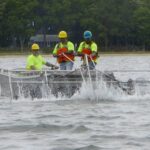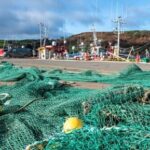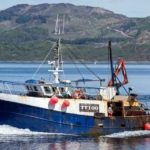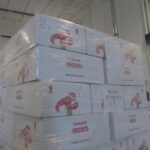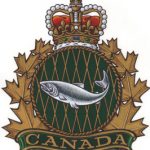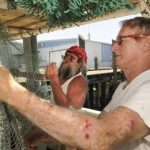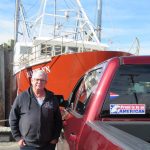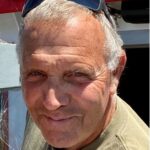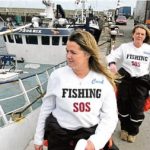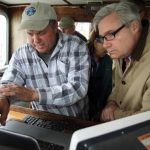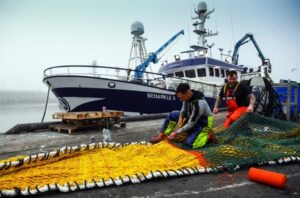Tag Archives: We’koqma’q First Nation
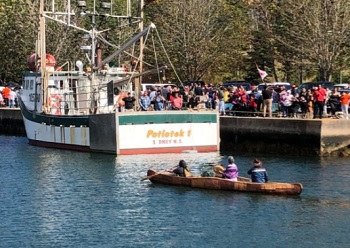
Bigger Mi’kmaw lobster fishery possible because DFO redistributed unused licences
Mike Leonard, director of Indigenous fisheries management for DFO’s Maritimes region, said the federal department has bought back lobster licences over the years as commercial fishers voluntarily relinquished them, creating a bank of licences that Indigenous communities can access. That process has allowed Eskasoni to join two other First Nations in the moderate livelihood fishery during this spring’s season without affecting the health of the lobster stocks, he said. “In the first year, in 2021, we worked with Potlotek First Nation and then last year We’koqma’q First Nation joined as well and this year it’s become an Unama’ki approach, so across the Unama’ki traditional territory, which aligns with Cape Breton,” Leonard said. >click to read< 08:55
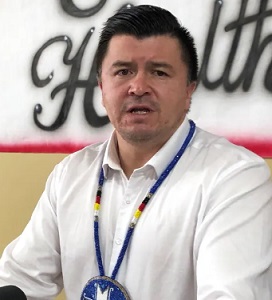
3 Mi’kmaw First Nations excited about moderate livelihood fisheries
Three Mi’kmaw communities are celebrating their dramatically increased roles in the lobster fishery around Cape Breton Island this spring. The Department of Fisheries and Oceans announced Tuesday it has renewed moderate livelihood understandings with Potlotek and We’koqma’q, and now Eskasoni has joined them. Eskasoni Chief Leroy Denny said he is excited because up to 70 fishers will now be out on the water hauling in traps and earning a living. “It’s a really good thing, a really very big deal for us,” he said. Under interim understandings, the bands will fish during the commercial season, which is open now around Cape Breton and closes in mid-July. >click to read< 10:31
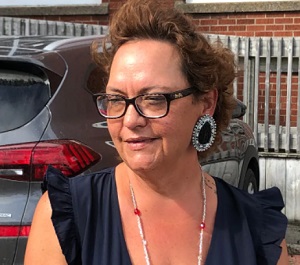
We’koqma’q gets federal approval for moderate livelihood fishery
We’koqma’q First Nation in Cape Breton reached an understanding with the Department of Fisheries and Oceans this week. Certain harvesters can now fish lobster and sell the harvest during the established 2022 commercial seasons in Lobster Fishing Areas 27 and 31A, which run until mid-July and the the end of June, respectively. “Our harvesters continued to voice how they wanted to be able to exercise their Treaty Rights safely and they are excited to be able to provide for their families and our community through exercising their inherent rights,” said We’koqma’q Chief Annie Bernard-Daisley in a release Friday. Both fishing areas are off the Cape Breton coast. There will be a limit of 210 traps per fishing area, according to a DFO release. > click to read < 14:18


































